Posted on 11/21/2018
THE CLIMATE
As in the rest of the world, in Sicily too the climate is changing and vines, which here are traditionally accustomed to intense heat and sunshine, are gradually become acquainted with the new climate situation. In 2018, after a cold, wet winter, the Island saw a mild spring followed by high temperatures at the beginning of summer. Subsequently, however, we had frequent rain, especially in western Sicily which saw 5 times the average rainfall (100 mm), and ten times that of the previous two years. This rainfall, accompanied by coolish temperatures, naturally exacerbated levels of humidity, producing favourable conditions for a number of plant diseases such as downy mildew, powdery mildew and in some cases even grey mould. In the Duca di Salaparuta, Suor Marchesa and Vajasindi Estates, these diseases and rainy summers in reality posed a minor problem, but were more keenly felt in the Risignolo Estate. Here, agricultural practices like continuous tillage, even in the presence of rain, improved soil drainage, thus preventing water from collecting and countering the risk of outbreaks of fungal attack.
THE GRAPES
As a result of this particular climate trend, grapes on the vines revealed a lower sugar concentration than usual and a higher percentage of water, both of which are contributing factors to the lower alcohol content of wines from the 2018 harvest. The lower temperature gradients did not allow perfect technical ripening, but this enabled grapes to reach full aromatic ripeness at a leisurely rate, therefore while the wines may have a lower alcohol content, this will be offset by undoubtedly finer balance and aromas. The quality of the grape harvest is therefore excellent, albeit with a lower yield. The earliest grape varieties (Chardonnay, Pinot Grigio, Muller Thurgau, Moscato) are those that were most affected by the influences analysed, while later-ripening grapes (Grillo, Zibibbo, Nero d’Avola, Insolia, Merlot) managed to satisfy all ripening requirements.
THE HARVEST
2018 was a harvest in which the need to guarantee delivery of healthy grapes of an appropriate quality to the winery prompted us to closely monitor the final days of ripening in the vineyard, right up until the moment of actual harvesting and the safe arrival of the grapes at the winery. This led to a reduction in the number of deliveries of grapes exposed to the risks outlined above and an overall drop in production, above all in the western region of Sicily, resulting in an increase in the price of some types of grapes. The Nerello Mascalese harvest was carried out last of all, in mid October, to give the grapes time to reach proper polyphenol maturation, delayed by the low temperatures.
THE WINES
The wines of the 2018 harvest will be characterised by olfactory qualities of good primary and varietal impact, with average potential in terms of palate, excellent sensory refinement and elegance, especially white wines. For red wines, like Duca Enrico and Triskelè, this vintage will deliver interesting, particularly fresh palates. The 2018 vintage will be classified as one especially rich in aromas.


